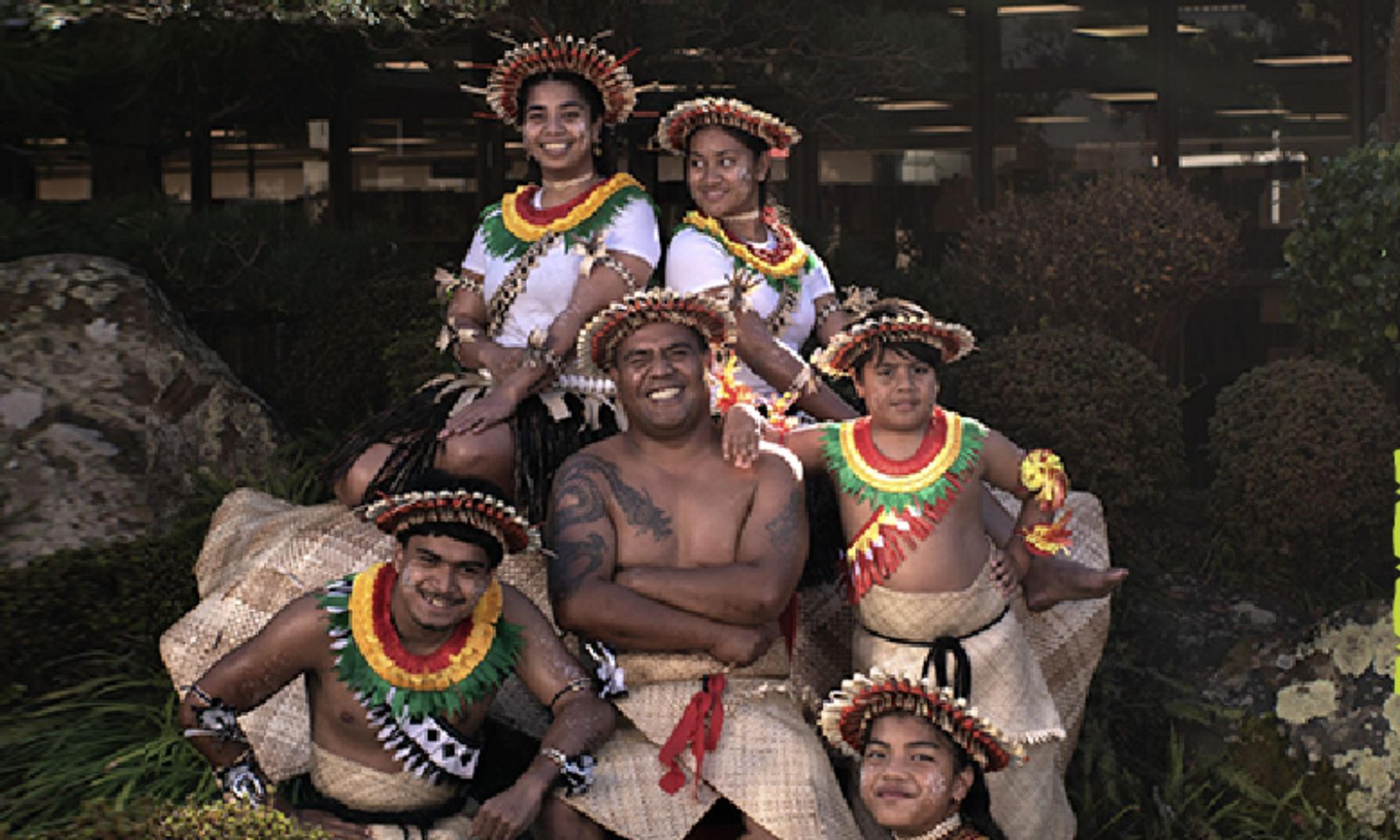

Pacific suicide rates are dropping, and health advocates say family may be the key.
Liv Bruce via Unsplash
Family a key factor in Pacific suicide rates
The government has released the first ever suicide prevention plan, but what does this mean for Pacific communities?



Teen fights for the rights of children whose parents are in prison

Aotearoa's i-Kiribati community honours language and culture

Foreign Affairs Minister rejects claim Aotearoa funding freeze to Cook Islands is ‘patronising’


New weight-loss drug poses risks of health inequities in Pacific communities - expert

Teen fights for the rights of children whose parents are in prison

Aotearoa's i-Kiribati community honours language and culture

Foreign Affairs Minister rejects claim Aotearoa funding freeze to Cook Islands is ‘patronising’
New Zealand has one of the highest youth suicide rates in the world, but Pacific rates have been dropping over the past fourteen years.
Le Va mental health and addiction senior manager Toleafoa Mark Esekielu says it's a complex issue and they are not celebrating just yet.
“Any suicide is a tragedy, and our hearts go out to anybody that’s been affected by suicide.
“We want it to drop even further and we would love it to be zero, that’s what we’re always aiming for.”
The Pacific suicide rate is 5.1 per 100,000, down from 9.2 in 2022. In the 2022/2023 financial year, there were 557 confirmed and suspected deaths by suicide, and 26 of those were from Pacific communities.
Speaking to William Terite on Pacific Mornings, Toleafoa said family is a core source of strength, especially for Pasifika communities.
“I grew up in a house with 18 people. I have 65 first cousins, so when you talk about family and my family, it's huge.”
“When we say family, it's not the immediate, Mum and Dad, it's our village … those that stick with you through thick and thin.”
Toleafoa said Pacific communities are feeling the brunt of social issues such as the cost of living crisis and income inequalities.
“The biggest thing we see at the moment is finance for our people. They're doing it really hard at the moment … all the hard work they have to do to make ends meet, all the housing issues, all of that stuff is there.”
The government has released a draft of the first ever suicide prevention plan. It proposes $11.7 million into prevention, including two programmes run by Le Va, $1.4 million towards system supports and $4.8 million towards bereavement support for families impacted by suicide.
Le Va chief executive and clinical psychologist Denise Kingi-’Ulu’ave criticised the plan for being “reactionary” and not putting enough into prevention.
But Mental Health Minister Matt Doocey told RNZ the same approach to suicide prevention may not work for everyone.
"How we address suicide prevention in middle aged dairy farmers will be quite different to how we deal with young Pasifika in Auckland. That is why it is important that we work with community groups on the ground who know their community groups and know how to respond."

Where to from here
Le Va runs Flo Pasifika which equips Pacific families and communities to prevent suicide. They also have Lifekeepers which has trained 15,000 people who work in the suicide prevention sector. They also provide scholarships to those training as counsellors.
Toleafoa said many government policies are outside of the public’s control, but looking at our own behaviour can make a difference.
“Being kind to each other is one of the easiest things to do, it doesn't cost you anything.
“It doesn't cost you anything to not be a troll online, it doesn't cost you anything to just pause when you see a group of young people and not make weird faces at them.
“And then if there's an opportunity to actually reach out, and if you have more than you need, there’s an opportunity to reach out and help others in different ways, whether it's about giving, whether it's about giving of your time.”